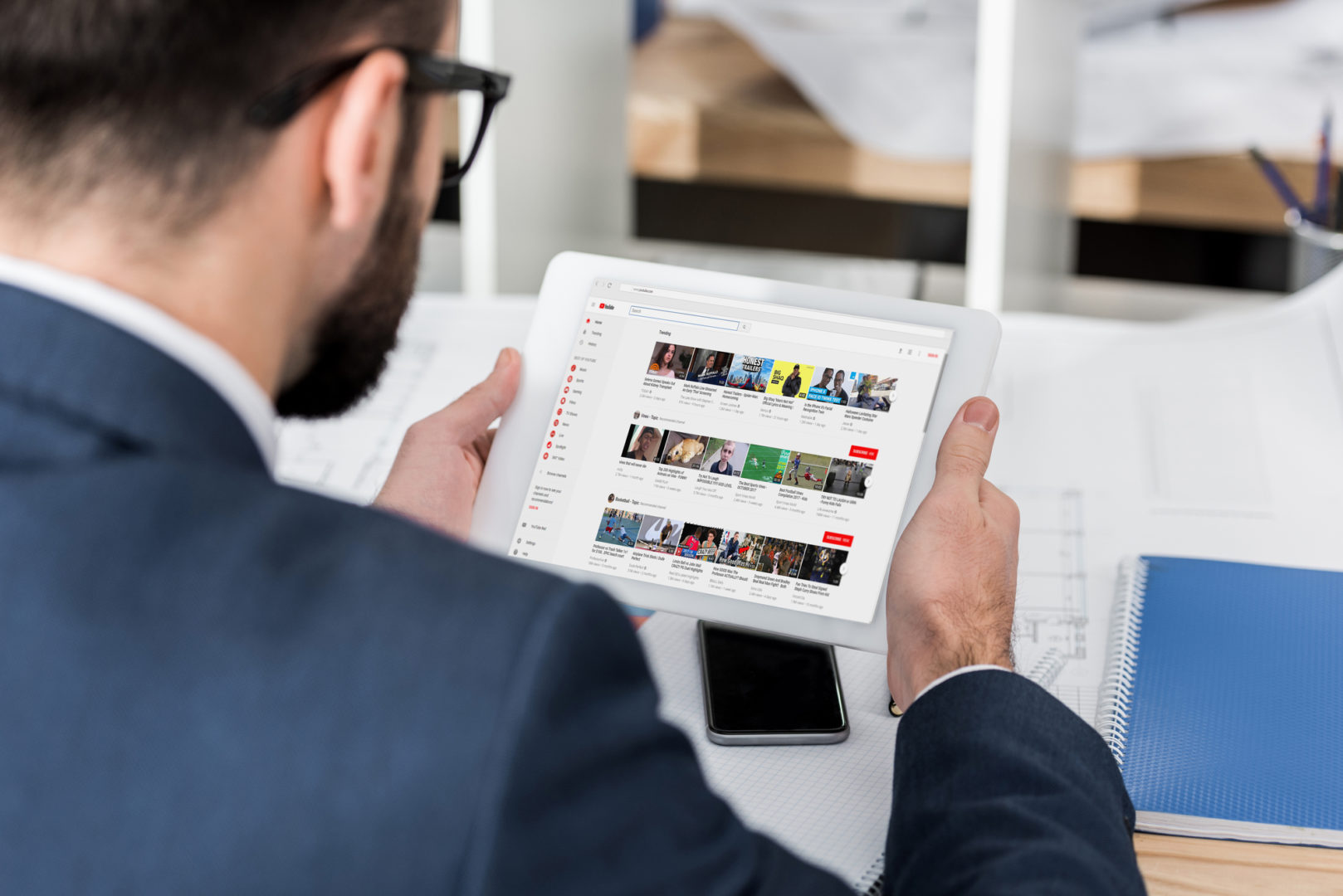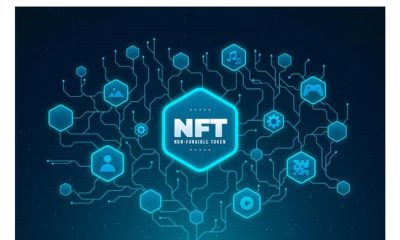
How to survive the Age of (Dis)information
Follow Us @
How to survive the Age of (Dis)information
-Trending Marketing news, content marketing, latest Ways to rank your website, marketing discoveries, Local SEO, seo and social media marketing services. enjoy your stay on our website.
You consider yourself a proactive and curious person. You want to stand out as a professional and that's why you always try to follow the main blogs, news portals and YouTube channels that interest you.
Finding quality content is not a problem for you because, over the years, you have developed a super efficient mental filter that can eliminate at least 90% of bad content.
But, precisely because you are proactive in consuming as much quality information as appears on your radar, you suffer from anxiety because you simply cannot catch up on all the references that reach you.
And, above all, he blames himself for not having time to put everything he learns into practice.
Does this situation sound familiar to you? If so, welcome to the club.
The fear of losing some important information will kill you
At this point in the championship, you may have heard of FoMO (Fear Of Missing Out) syndrome. Wikipedia defines FoMo as “”a widespread apprehension that others may have rewarding experiences from which one is absent.” This social anxiety is characterized by “the desire to continually remain connected to what others are doing.”
FoMO is most common in young people and adults between 15 and 34 years old, but, according to experts, it can happen to people of any age. This syndrome is used to justify the excessive use of social networks by teenagers, but it can also be related to the feeling of guilt that many adults feel when they are unable to keep up with the pace of information.
High levels of anxiety and stress resulting from FoMO can cause chronic (and often irreparable) diseases such as hypertension, diabetes and erectile dysfunction in the long term.
Despite being considered a syndrome, FoMO is directly linked to our DNA, shaped by thousands of years of evolution in which, in order to survive, we had to be aware of what was happening in the group – who was the strongest, which It was the weakest, the one who was sick, the one who was angry with whoever…
In other words, FoMO is an exaggerated version of an ability that has helped us for centuries and, therefore, is almost impossible to control with pure willpower.
The good news?
With a little discipline and two simple steps that I will teach in this text, it is possible to live without the anguish and stress generated by FoMO in a world overloaded with information.
But first, we need to change our mindset.
If you don't choose, someone else will do it for you
In a perfect world, everyone would have the time and energy to consume all the information they wanted. People would wake up and start the day catching up with the day's news, when they arrived at work they would check out all the news about the company and its niche.
Throughout the day they would watch all the videos from Vsauce, Nerdologia, Vox and the New York Times, in addition to reading the daily articles from Forbes and Seth Godin. When they got home, they would relax by watching their favorite series on Netflix.
And to top it off, even read a little bit of that bestselling book.
All this, of course, without leaving aside your professional commitments (updating reports, participating in meetings, applying strategic actions, organizing your projects…) and personal commitments (having breakfast with your wife, taking your children to school, going out with your friends). friends or with your girlfriend, wash the dishes, do small repairs around the house…).
But, as we all know, the world is not like that.
The blunt truth is that we need to make choices. And if you don't choose what to consume, other people (usually content producers and marketers who specialize in using emotional triggers to hold your attention) will do it for you.
And how to make the right choices?
First step: define your principles
Principles are rules of conduct that help you make the right decisions without having to reflect too much on a daily basis. These are personal rules that need to be created with conscience and each person must have their own, there is no right or wrong principle.
I like to see the principles as a personal Guide of Conduct that I can trust to make decisions compatible with my life goals.
For example, if one of my life goals is to be the best marketing professional in Brazil, one of my principles should be “know the fundamentals of marketing and keep up to date with market success stories”.
With this principle well defined, it is easy to choose between reading a Kotler book about Marketing or watching a documentary about blue whale mating on the Discovery Channel.
Not that the last option is bad, it's just not aligned with my principles. The same goes for binge-watching series on Netflix, bingeing with friends and having a hangover for a week, or playing video games.
You can start to define your principles by documenting all of your life goals. I recommend creating no more than ten principles and reviewing them at least once a year.
As you evolve your principles may change and this is natural, don't worry.
Step two: use technology to understand how you use your time
For many years, I was a fan of YouTube science channels. At one time I remember being subscribed to more than 200 channels with daily publications.
As fate would have it, in one of these videos, I saw a recommendation for a productivity tool that can measure with great precision how much time you spend on each website or program on your computer and cell phone.
I installed the tool and let it monitor my actions for a week. The result was scary: I spent an average of two hours a day on YouTube!
Two hours a day is 60 hours a month. Which becomes 60 hours a month and 720 hours a year exclusively watching videos on YouTube.
I know that the numbers seem exaggerated and that you might think that my case is out of the ordinary, but I invite you to install the tool (I used RescueTime, but there are several) and see how you do in the test.
Is watching more than 700 hours of science videos a year bad? Of course not, and it could be much worse if the videos were cheap entertainment that didn't add any knowledge.
In fact, I learned a lot and several videos awakened me to issues that I would never have come into contact with if it weren't for YouTube. But can you imagine how much you can achieve in a year in your personal and professional life, simply by focusing these hours on a task more aligned with your principles?
You can't imagine, and that's why I immediately unsubscribed from all science channels. By coincidence or correlation of cause and effect, in the following two years I created and tripled (from the 1st to the 2nd year) my consulting clients, moved to two cities, became a Jiu-Jitsu competitor and built Portal Insights.
The issue is not quality (all the videos were and still are great), but rather cost-benefit.
With well-defined principles and clarity about how your time is used today, you can reorganize your tasks and make decisions that are more aligned with your life goals. In the short term it may seem silly but, as Gary Vaynerchuk said, considering that you are not going to die this year, your biggest life goals should be long term.
How to survive the Age of (Dis)information
Follow TODAYSGIST on Google News and receive alerts for the main trending SEO news, Ai news, latest Ways to rank your website, marketing discoveries, Local SEO and lots more!
How to survive the Age of (Dis)information
SHARE POST AND EARN REWARDS:
Did you like this post?!!! Join our Audience reward campaign and make money reading articles, shares, likes and comment >> Join reward Program
FIRST TIME REACTIONS:
How to survive the Age of (Dis)information
Be the first to leave us a comment, down the comment section. click allow to follow this topic and get firsthand daily updates.
JOIN US ON OUR SOCIAL MEDIA: << FACEBOOK >> | << WHATSAPP >> | << TELEGRAM >> | << TWITTER >
How to survive the Age of (Dis)information
#survive #Age #Disinformation
-
Cryptocurrency3 months ago
NFT Sales Touch IDR 4.3 Trillion in the Second Week of February 2024
-
Sports3 months ago
Making history at the 2023 Asian Cup, the Indonesian national team raises its position in the FIFA rankings
-
Sports3 months ago
Falling from Bilbao, Girona's position is threatened in the Spanish League
-
Sports2 months ago
PSG Will Try to Sign Frenkie De Jong from Barcelona
-
usa today entertainment3 months ago
Adu Outfit Park Min Young Becomes an Office Worker, from Drakor What's Wrong with Secretary Kim to Marry My Husband
-
Sports3 months ago
And Ashworth Urges Manchester United to Seize an Important Figure at Chelsea
-
Trend tech & Telecoms3 months ago
28 Terrorist Group Accounts Get Paid Blue Check on X
-
Sports3 months ago
Lukaku Calls Draw Away Good Results


























